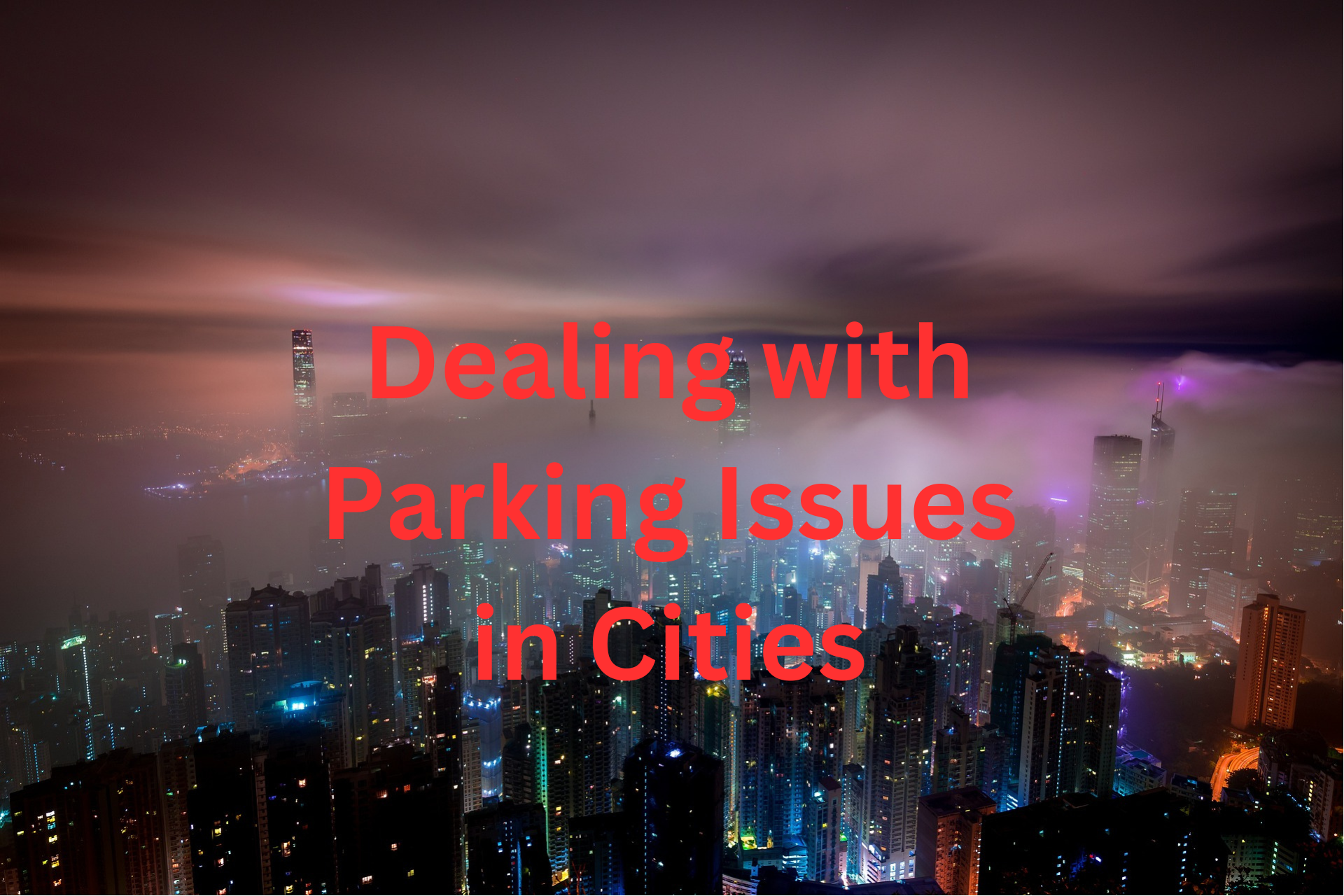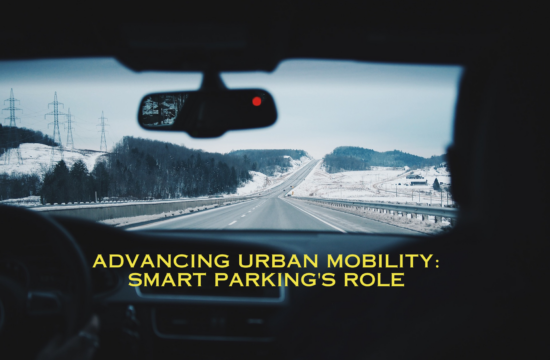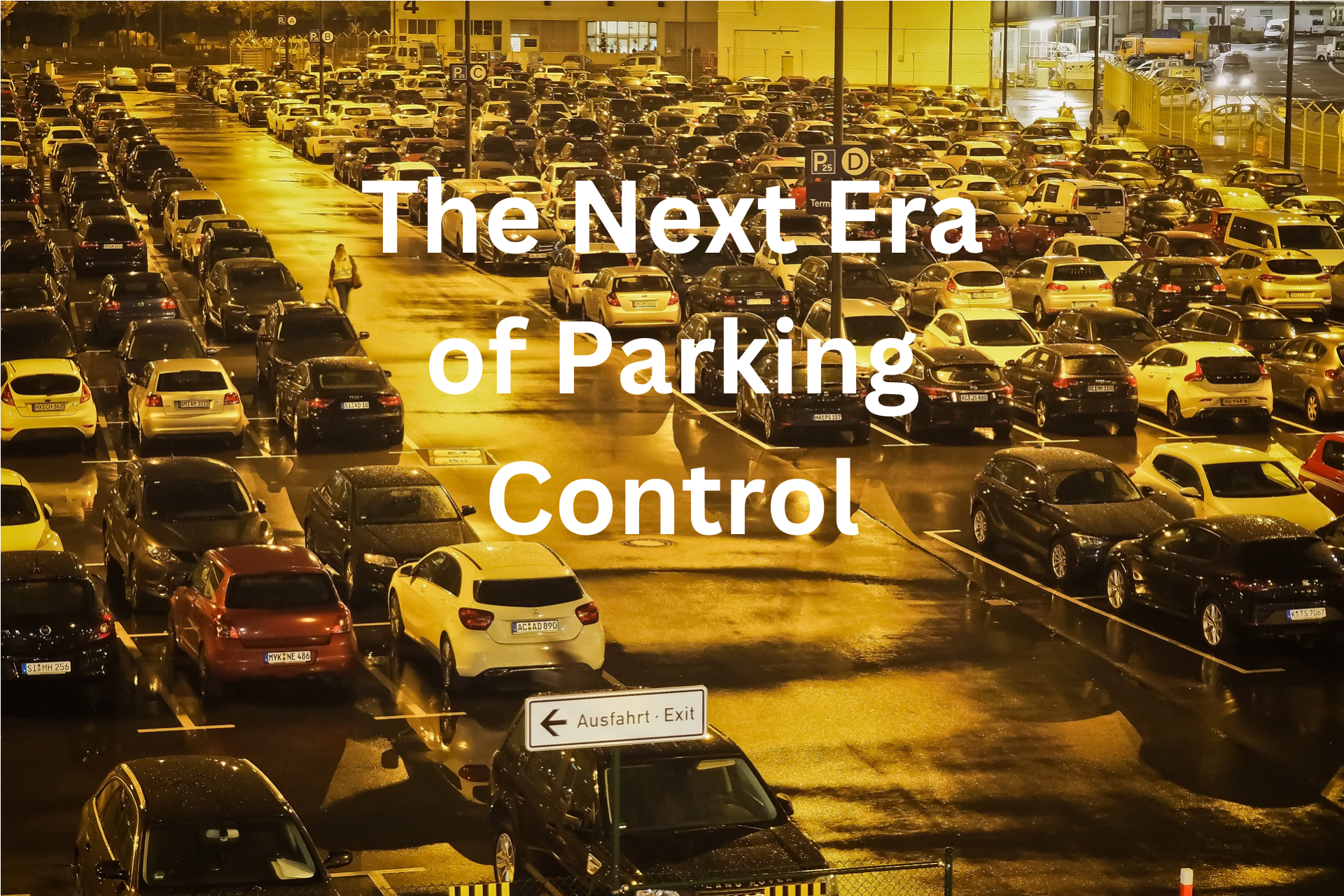Dealing with Parking Issues in Cities
Dealing with urban parking dilemmas has become an increasingly pressing issue as cities grapple with the ever-growing demand for parking spaces. The scarcity of available parking spots, coupled with the rising number of vehicles, has created significant challenges in urban areas. Addressing these dilemmas requires innovative approaches that go beyond traditional parking solutions. In this article, we explore various strategies and initiatives being undertaken to tackle urban parking issues, including the adoption of smart parking technologies, the promotion of alternative transportation options, and the implementation of efficient parking management systems. By effectively managing parking dilemmas, cities can alleviate congestion, reduce environmental impact, and enhance the overall urban experience for residents and visitors alike.
Leveraging Smart Parking Innovations
Leveraging smart parking innovations has become essential in addressing the growing parking challenges faced by urban areas. With the rapid advancement of technology, smart parking solutions offer efficient and convenient ways to manage parking spaces. This article delves into the benefits and applications of smart parking innovations, such as real-time parking availability updates, mobile apps, and IoT sensors, to enhance parking efficiency and improve the overall urban experience. By leveraging these technologies, cities can optimize parking utilization, reduce the time spent searching for parking, and minimize traffic congestion.
Prioritizing Sustainable Commuting Options
Prioritizing sustainable commuting options has become imperative in tackling the environmental and congestion issues in urban areas. As cities continue to grow, the reliance on single-occupancy vehicles creates numerous challenges. This article explores the importance of prioritizing sustainable commuting options, such as public transportation, cycling, walking, and carpooling, to reduce traffic congestion, lower emissions, and promote a healthier and greener urban environment. By highlighting the benefits and initiatives in place, it aims to inspire individuals and communities to make sustainable choices for their daily commute, thereby reducing the demand for parking spaces.
Implementing Convenient Park-and-Ride Systems
Implementing convenient park-and-ride systems has emerged as a viable solution to address the increasing challenges of urban commuting. This article delves into the importance of such systems in providing a seamless and efficient transportation experience. By combining parking facilities near transit hubs, these systems encourage commuters to leave their cars behind and utilize public transportation, reducing traffic congestion and promoting sustainable mobility options. It explores the benefits, strategies, and successful implementations of park-and-ride systems to enhance urban commuting and alleviate parking demand in city centers.
Transforming Multi-Level Parking Architecture
The transformation of multi-level parking architecture is revolutionizing the way we approach urban parking challenges. This article delves into the innovative design concepts and technologies that are reshaping traditional parking structures. By maximizing space efficiency, improving accessibility, and incorporating smart features, these transformed multi-level parking facilities offer enhanced user experiences and improved traffic flow. It explores the benefits and advancements in multi-level parking architecture, highlighting how these transformations are optimizing urban spaces and addressing the evolving needs of modern cities.
Implementing Fluid Pricing Systems
The implementation of fluid pricing systems in various industries has brought about significant benefits and efficiency improvements, and the parking industry is no exception. In this article, we delve into the concept of fluid pricing systems in the context of parking management. These innovative pricing models allow for dynamic adjustments based on factors such as demand, time of day, and special events. By adopting fluid pricing systems, parking operators can optimize revenue generation, alleviate congestion, and enhance user experience. It explores the advantages, challenges, and future potential of implementing fluid pricing systems in parking operations, shedding light on their role in creating more efficient and flexible parking solutions in urban environments.
By implementing these strategies and leveraging innovative technologies, cities can address urban parking dilemmas and create a more efficient and convenient parking experience for residents and visitors.



